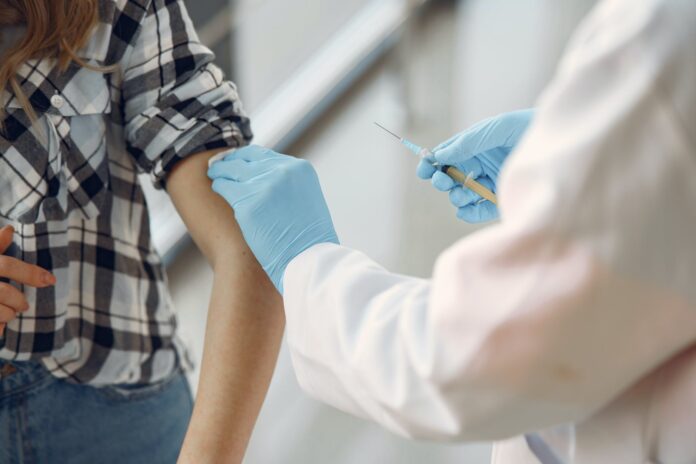
The Covid-19 pandemic caused by the novel coronavirus still poses an extraordinary threat to public health worldwide. According to the WHO, if left unchecked, it could ultimately claim millions of lives worldwide. While other measures such as social distancing can help reduce the spread of the Covid-19, these measures come at substantial social and economic costs disproportionately borne by underprivileged groups. The primary concerns so far for this pandemic include — lack of safe, effective vaccines and treatments, insufficient scientific knowledge regarding pathogenesis, immunity, and transmission rate.
As researchers worldwide race to develop a Covid-19 vaccine, many people have volunteered to take part in a controversial testing method called human challenge trials. These trials involve the deliberate infection of healthy volunteers. These trials are not new and are particularly valuable for testing vaccines, such as early the research with smallpox and malaria that transformed global public health.
The World Health Organization (WHO) says that these human challenge trials offer preliminary estimates of vaccine’s efficacy and safety, “Such trials can be used to compare the efficacy of multiple vaccine candidates and thus [to] select the most promising vaccines for larger studies. Well-designed challenge studies might thus not only accelerate Covid-19 vaccine development but also more likely ensure that the vaccines ultimately deployed are more effective.”
The National Institutes of Health researchers also reported that the human challenge trials have distinct advantages over field studies for discerning correlates of safety, given the precise timing of infection and the ability to measure immune responses at predetermined time points.
Besides, the results obtained from these trials are used to study processes of infection and immunity from their inception — validating tests for Covid-19 immunity, immune protection, and risks of transmission posed by infected individuals.
Ethical concerns of human infection challenge
However, research involving the deliberate infection of healthy volunteers is getting mixed opinions from the industry and experts. While addressing the Indian Council of Medical Research’s international symposium (held in July) on ‘Novel Ideas in Science and Ethics of Vaccines Against Covid-19 Pandemic,’ Anthony Fauci, director of the National Institute of Allergy and Infectious Diseases, called these challenge trials ‘not ethical or not justified’ at the moment. According to him, the full health impact of Covid-19 infection is not yet fully understood. There are no highly effective therapies available to cure individuals infected in a challenge study.
Whereas WHO states, “The challenge trials are nonetheless ethically sensitive and must be carefully designed and conducted in order to minimize risk to volunteers and preserve public trust in research.”
WHO explained that the well designed human challenge trials provide one of the most efficient and scientifically powerful tools for testing vaccines, primarily because animal models are not adequately generalizable to humans. For the Covid-19 challenge trials to proceed, the WHO has set eight essential criteria that need to be satisfied.
Sayantan Banerjee, an advisory board member of 1Day Sooner, said, “Once researchers better understand the marks of immunity, they can look for these marks in trials for other vaccines. Challenge trials can also allow researchers to understand the early stages of coronavirus infection and how it spreads through our body.”
He also reported that human challenge trials’ usefulness and necessity are not guaranteed, but these trials could be a valuable tool in fighting the Covid-19 pandemic.
A paper published in The Journal of Infectious Diseases also proposed replacing Phase 3 trials with human challenge trials. “Controlled human challenge trials of Covid-19 vaccine candidates could accelerate the testing and potential rollout of efficacious vaccines. By replacing conventional Phase 3 testing of vaccine candidates, such trials may subtract many months from the licensure process, making efficacious vaccines available more quickly.”
Experts in favor of human challenge trials believe that the challenge trials my ultimately prove to be useful. It would be a mistake to delay the preparations further, they say, and could begin right now!
Phase-I clinical trials of the two candidate vaccines indigenously developed by Bharat Biotech in collaboration with ICMR and Cadila Healthcare have so far revealed ‘excellent safety.’ Their immunogenicity testing is now in progress, as the minister of State for Health, Ashwini Choubey, informed the Rajya Sabha on 15 September.







